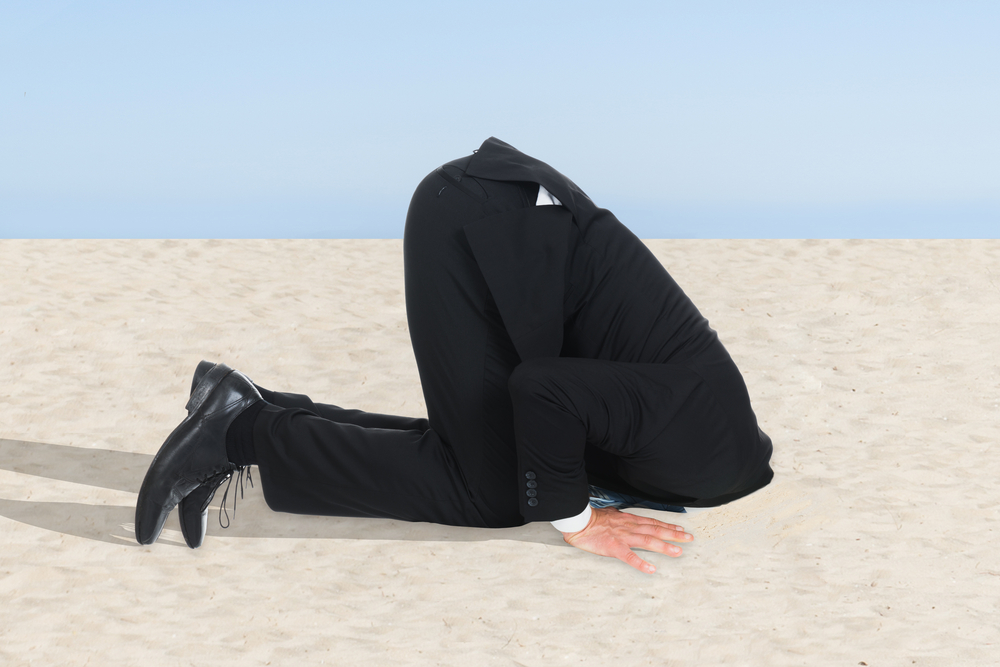Marc Bernard Ackerman, DMD, MBA
Leadership in organized orthodontics and orthodontic education today are completely out of touch with the needs of the prospective students they are recruiting and the patients that they wish to serve. The students today are leaving dental school with a debt load much higher than any other generation. Many of the new graduates that choose to specialize in orthodontics still believe that they will make considerably more money than the general practitioner. Upon graduation from orthodontic residency the new graduate will face a job market that offers more opportunities to work in a corporate setting or in multiple offices for per diem compensation than the traditional solo practice or small group practice. In order to achieve financial autonomy, the student must choose where to practice based on unmet need and the potential for growth rather than a desired location driven by a feeling of geographic entitlement. There are at least four false premises accepted by orthodontists that cripple the specialty’s capacity for innovation. They are as follows:
- Orthodontics is a science
- The goal of orthodontic treatment is to cure malocclusion
- Patients are not consumers
- Anything short of comprehensive orthodontic treatment is substandard
Adherence to this conventional wisdom has stymied progress and allowed unforeseen disruptive innovation to blindside the specialty. The following premises lay a foundation that is supportive of innovation and are more in parity with the needs of our students and patients:
- Orthodontics is the art of the possible not the science of the improbable
- The majority of what orthodontists do is the enhancement of appearance and not the improvement of dental health or eradication of disease
- The uptake of orthodontic services is consumer driven and the consumer has the right to set their own treatment goal(s)
- Nothing in orthodontics is sacred and disruptive innovations are always around the corner
If orthodontists jettison their warmly held beliefs about whom we are and what we do, a shift towards a new paradigm of innovation is possible. Wouldn’t it be fantastic if the next great disruptive innovation is sparked from within the specialty and not from outside of it?!


Yes, I’m an orthodontist and this is largely true. Took a long time to know this. Because when I graduated the doctors were scientists and the patients were there to suffer. (Latin word is patiens). Now the doctors are technician-shop-keepers and the consumers call the shots.